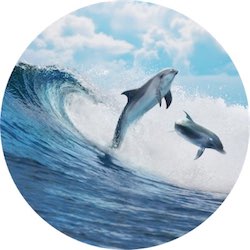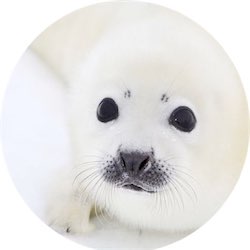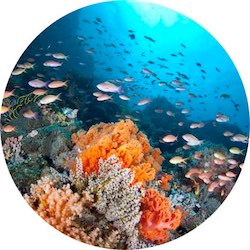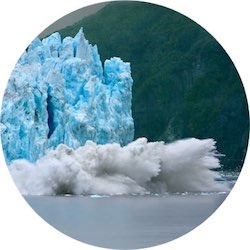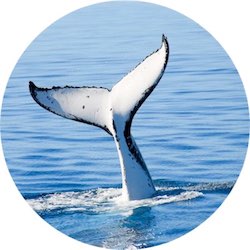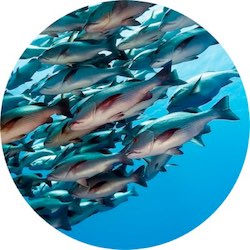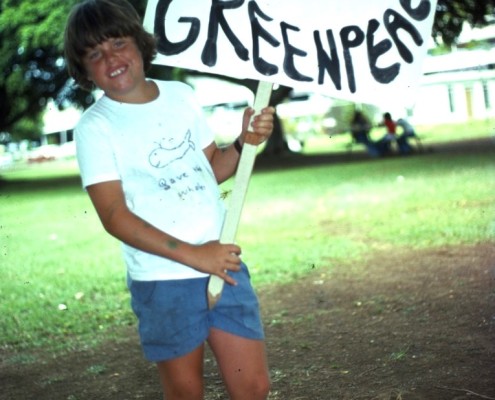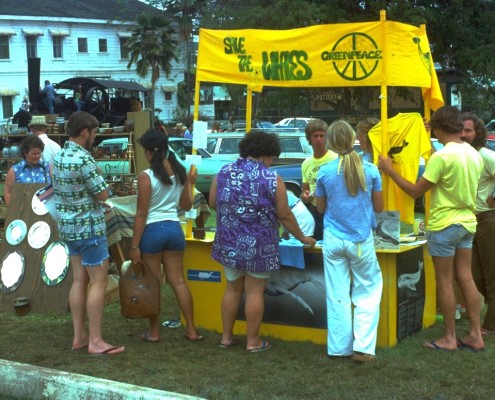Challenging Times Ahead!
The world is changing. The national landscape is changing.
There’s a reason you think of the Greenpeace movement at times like this. It’s about standing up for life. Talk is great, but results often require positive action and engagement.
The coming years hold new challenges for many. But let’s also not forget that there is a plague of full-on species extinctions stalking our world and accelerating, and tipping points approaching which endanger much extant life along with humans. As we reflect on our concerns, let’s spare a few thoughts for species with no way to survive aside from our caring and commitment. GPF is a tool to help you make that happen.
Greenpeace Foundation has been a pioneer on many issues. It was either the first, or one of the first, organizations to work on a host of important issues. These include commercial whaling, illegal whaling, dolphin drive kills, mass destruction from driftnet fisheries, ending porpoise “research” kills, obtaining critical habitat for endangered seals, and many others.
We’ve been there. Saving whales, dolphins, seals and marine species. Confronting destructive fisheries on the high seas. Exposing organized-crime trafficking in endangered species. Taking direct and legal action to protect critical wildlife habitat. Bringing good science to bear on corrupt treaty organizations.
Because sometimes, by doing that, you can win.
TAKE A STAND WITH US
Our message is simple: we won’t always win. But we won’t always lose, either.
Unless we really engage with these issues – together, with resolve, creatively and positively – we will definitely lose. We need to become inspired, individually and as tribes, nations and a species. To dare to see clearly and act in a way which will make future generations proud. Because those future generations and their living world are terribly vulnerable now, and utterly depending on those of us now living.
Join with us. You may not be able to shield a whale from a harpoon, go undercover to bust wildlife traffickers, or personally make sure wildlife laws are followed. But your support will make a difference.
The Sixth Extinction is only beginning. It’ll be the biggest challenge in the history of human existence, but we may yet turn it aside. We just need to begin.
Now.
Thanks for bearing with us as we upgrade the website….
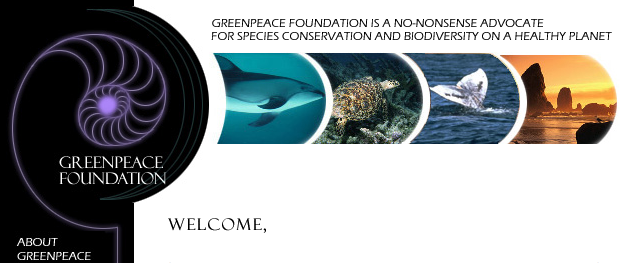
The old website was showing its age, and was written in “coldfusion”, which is outmoded at this point, so we’ve upgraded it to a more responsive format which can be more easily viewed on mobile devices. More of the deeper content will be migrated over in coming days. We hope you’ll find it smoother to navigate. If you see something that looks like it’s experimental, it probably is! Trying out various aspects of WordPress software and getting feedback.
















